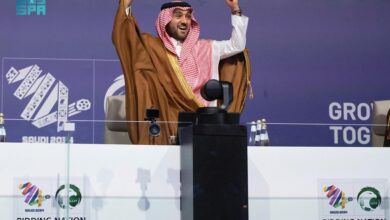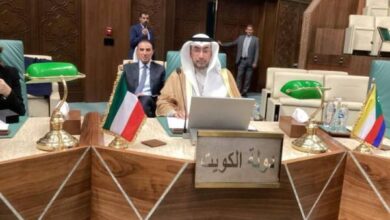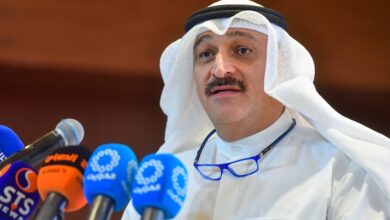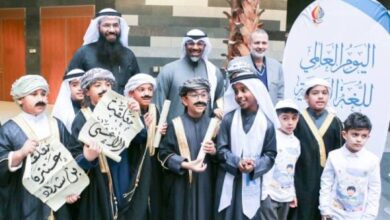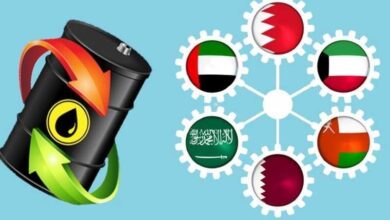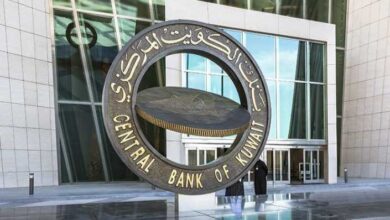Collaboration ushers better cooperation between European Union and Gulf Nations
The first historical Gulf-European summit was held to define the features of a major roadmap, based on equality and participation signifying the importance and strong relations between the Gulf States and Europe.
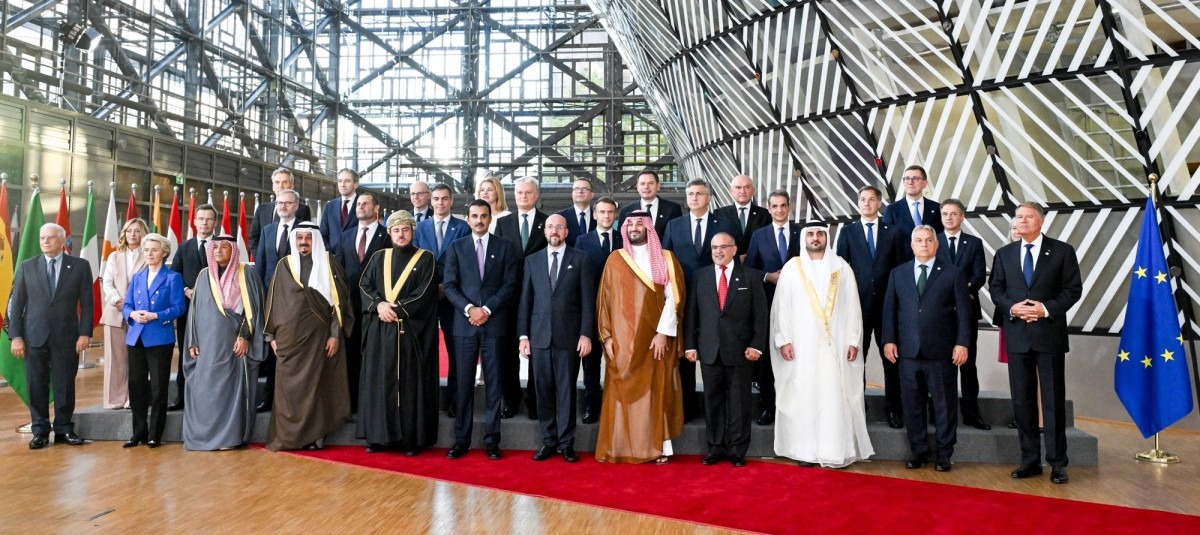
A high-level representation from all parties, the Gulf countries sat at the European table in Brussels, on the basis of mutual benefit and the necessity of cooperation in a world full of challenges, between two of the most successful regional groups in the world.
Significantly, Europe has found in the Gulf States a reliable partner with the specifications and standards that will contribute in advancing joint action, revitalizing the economy, and pumping mutual investments. This will be in parallel with cooperation in the path of calm diplomatic solutions to reduce escalation in the Middle East files.
The summit’s final statement was reinforced by a joint declaration affirming the two sides’ commitment in promoting peace, security and the international order based on international rules and norms. It was held in the context of global conflict marked by regional tensions, through collective management of crises, including the Palestinian issue.
They also committed to holding a summit every two years, with the next summit scheduled to be held in 2026 in Saudi Arabia.
Politically speaking, the European Union and the Cooperation Council affirmed their support for the two-state solution, the resumption of peace negotiations under the auspices of the United Nations, the cessation of escalation, violence and tensions in the West Bank and Gaza Strip, and the increase of humanitarian aid to those affected.
Moreover, regarding Lebanon, the two sides stressed the need to support the stability of Lebanon, which is facing a stifling economic crisis, and called for encouraging the economic and political reforms necessary for its recovery.
Emphasising on the Schengen visa issue, the European Union announced the easing of visa procedures for Gulf citizens, on a trial basis, to facilitate business travel and cultural exchange.
Economically, the summit revitalized and activated the dialogue on the Free Trade Agreement, a project that had been pending for decades. It also and aimed in harmonizing regulations to facilitate trade between the two regions.
The two parties also discussed diversifying sources of supply in strategic sectors to prepare the two regions for a post-oil and gas global economy.
To conclude, the joint statement focused on technologies such as hydrogen, carbon capture and storage, and renewable energy. These commitments are in line with the goals of the Paris Agreement to combat climate change and reduce greenhouse gas emissions.






